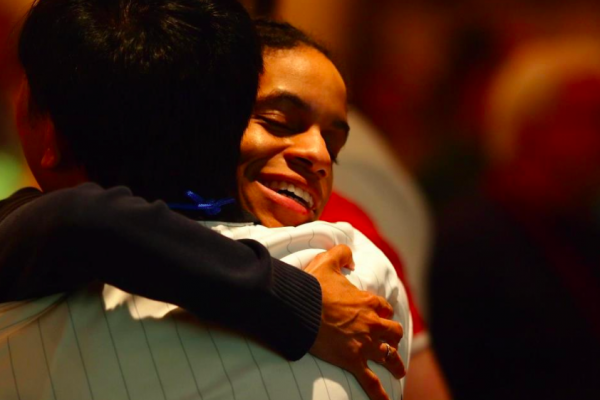Jan 24, 2017
At GCNC in 2016, Rev. Broderick Greer spoke to this problem in his keynote address, “Theology as Survival.” In it, he said, “I survived — and am surviving — the strain of being subject to white heterosexist patriarchal theology.”
After the death of Michael Brown, Greer became active on Twitter using the #blacklivesmatter hashtag, and found “stories of black and brown people oppressed, silenced, and erased by white church leaders, pastors, and theologians — or theobrogians, as some of them are affectionately called. And the stories were like mine: incomplete, sore, familiar, frustrated,” he said.
Read the Full Article

Already a subscriber? Login
